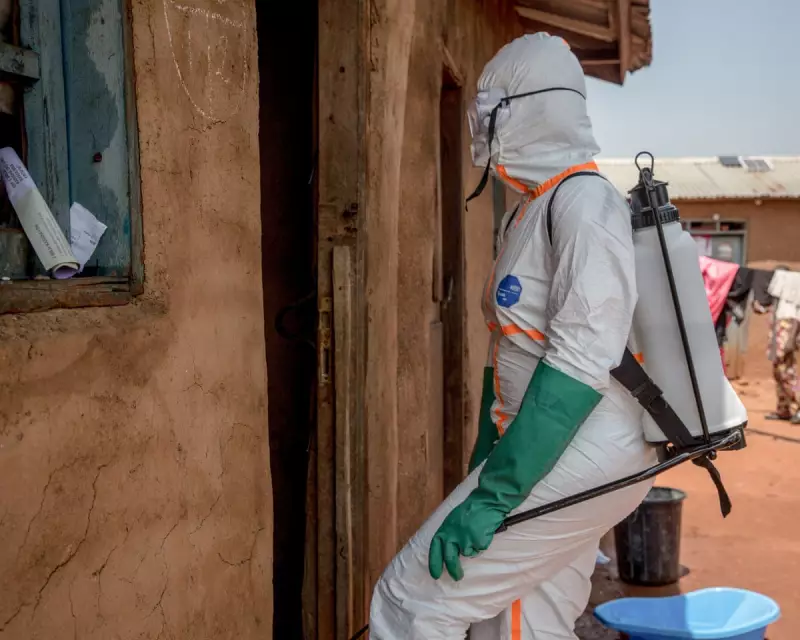
WHO Faces Drastic Staff Reductions Amid Budget Crisis
The World Health Organization is set to lose almost a quarter of its workforce by June 2026, a move that health experts warn will leave the world significantly more vulnerable to health emergencies. The organisation confirmed it expects to cut 2,371 positions from its current staff of 9,401, creating what analysts describe as a dangerous gap in global health protection.
Regional Impact and Expert Warnings
The deepest cuts will hit the WHO's Geneva headquarters, with 805 posts disappearing, while the African regional office faces the second-largest reduction of 638 positions from its current 2,541 staff. This comes at a time when the continent continues to face significant health challenges, including ongoing Ebola threats and malaria prevention programmes.
Pete Baker, deputy director of global health policy at the Center for Global Development, stated: "WHO staffing cuts are a regrettable but inevitable outcome of US withdrawal and lower-than-hoped-for contributions by other countries. The loss of expertise will leave the world less healthy and less safe."
Dr Githinji Gitahi, CEO of Amref Health Africa, expressed concern about the speed of the reductions, noting that critical functions including disease surveillance, supply chain management and emergency response would inevitably suffer. He emphasised that African governments would now need to shoulder greater responsibility for health security.
Internal Turmoil and Funding Gaps
The staff reduction process has created significant internal disruption at the WHO, with junior staff previously raising concerns about transparency in the selection process. In communications to staff, WHO chief Dr Tedros Adhanom Ghebreyesus described 2024 as "one of the most difficult in WHO's history" and acknowledged the painful conversations with affected employees.
The financial pressure stems largely from the United States' withdrawal from the organisation in January, combined with reduced contributions from other nations. Dr Tedros revealed the organisation faces a staggering $500 million salary gap and an overall funding shortfall of $1 billion for 2026 and 2027.
Michel Kazatchkine of the Global Health Center warned that the cuts risk undermining the WHO's independence in a politically charged environment, while Eloise Todd of Resilience Action Network International highlighted the timing couldn't be worse, with global health threats continuing to multiply.






